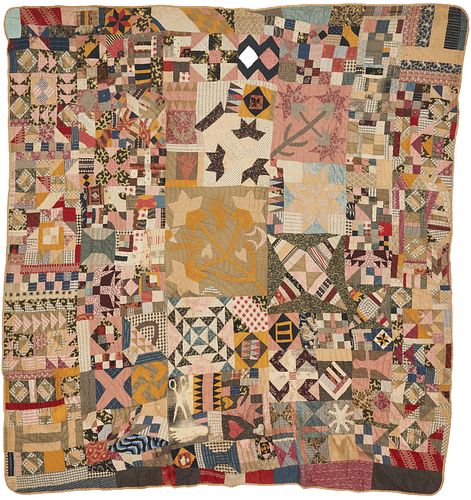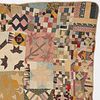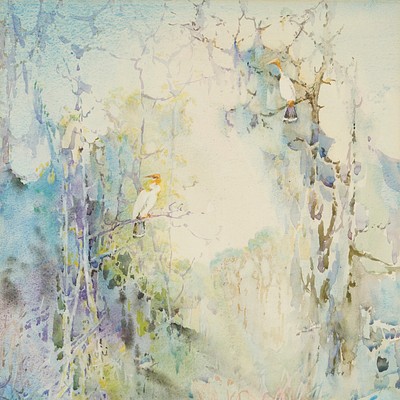Exhibited African-American Quilt by Josie Covington, TN, Late 19th C.
About Seller
4310 Papermill Dr. NW
Knoxville, TN 37909
United States
Case Auctions is based in Knoxville, Tennessee, where our gallery is located, with satellite offices in Nashville, Tennessee and Kingsport, TN – but our reach is worldwide. Established in 2005, we conduct cataloged auctions of investment-quality art and antiques under the stewardship of knowledgeabl...Read more
Two ways to bid:
- Leave a max absentee bid and the platform will bid on your behalf up to your maximum bid during the live auction.
- Bid live during the auction and your bids will be submitted real-time to the auctioneer.
Bid Increments
| Price | Bid Increment |
|---|---|
| $0 | $10 |
| $100 | $25 |
| $500 | $50 |
| $1,000 | $100 |
| $3,000 | $200 |
| $5,000 | $500 |
| $10,000 | $1,000 |
| $20,000 | $2,000 |
| $50,000 | $5,000 |
| $100,000 | $10,000 |
About Auction
Jul 9, 2022
Featuring 1200+ items from Southern estates and collections. Case Auctions bid@caseantiques.com
- Lot Description
Important African-American "make-do" quilt by Josie Covington (Triune, TN/1869-1909) comprised of hand-pieced and appliqued blocks made of dress fabrics. Circa 1885-1900. Pieced patterns include basket, bowtie, star, and diamond blocks. Applique designs include doll, hearts, hands, a foot, and scissors. The central applique block includes motifs that may have had a personal significance to the quiltmaker. 83" H x 76" W. Note: The style, coloring and prints of fabrics of this textile have been professionally examined and are consistent with other late 19th/early 20th century quilts in Tennessee, where Josie Covington was living at this time. This quilt was included in a traveling exhibition sponsored by the Cleveland Museum of Art, the Links Chapter of Cleveland, and the National Endowment for Humanities from February 1978 through March 1981. It is included in John Vlach's accompanying publication THE AFRO-AMERICAN TRADITION IN THE DECORATIVE ARTS (Cleveland Museum, 1978). The central applique block was printed on invitations, postcards, and posters for most, if not all, of the seven prominent American museums that hosted the traveling exhibits. (A framed example of one of these posters is included with this lot). Artist's Biography: Josie Covington was born 1876 and lived in Triune in Wiliamson County, Tennessee, where she worked as a domestic servant for a family believed to have the last name of Pettus. The 1900 census records her as "widowed" and living with her five children and her mother Bettie Covington (1854-1926). Josie Covington's death certificate states she died in 1909 at the age of 40 of tuberculosis.
The collection of Richard H. and Kathleen L. Hulan, acquired from the quilter's daughter, Mary Eunice Covington Jones (1892-1984).Quilt is structurally strong with two small holes visible in central area of grey striped backing. Repaired corner to upper left. Staining along upper and lower edges, not easily visible with fabric variety. Brown fabrics on quilt top are weak, but not fraying. One small hole with cotton batting protruding on lower middle edge. General fading to green and beige, especially in center block.Condition
- Shipping Info
-
The UPS Store of Bearden 865-584-0081 (press 5), fax 865-584-0094 store2630@theupsstore.com Click to get a quote
The UPS Store of Northshore Knoxville Contact – Eve 865-951-2499 store6461@theupsstore.com
John & Max Express LLC NOTE: large items & white glove delivery services only (driving range limitations may apply) Contact – Dina 865-230-1568 johnmaxexpress@gmail.com
-
- Buyer's Premium



 EUR
EUR CAD
CAD AUD
AUD GBP
GBP MXN
MXN HKD
HKD CNY
CNY MYR
MYR SEK
SEK SGD
SGD CHF
CHF THB
THB
















